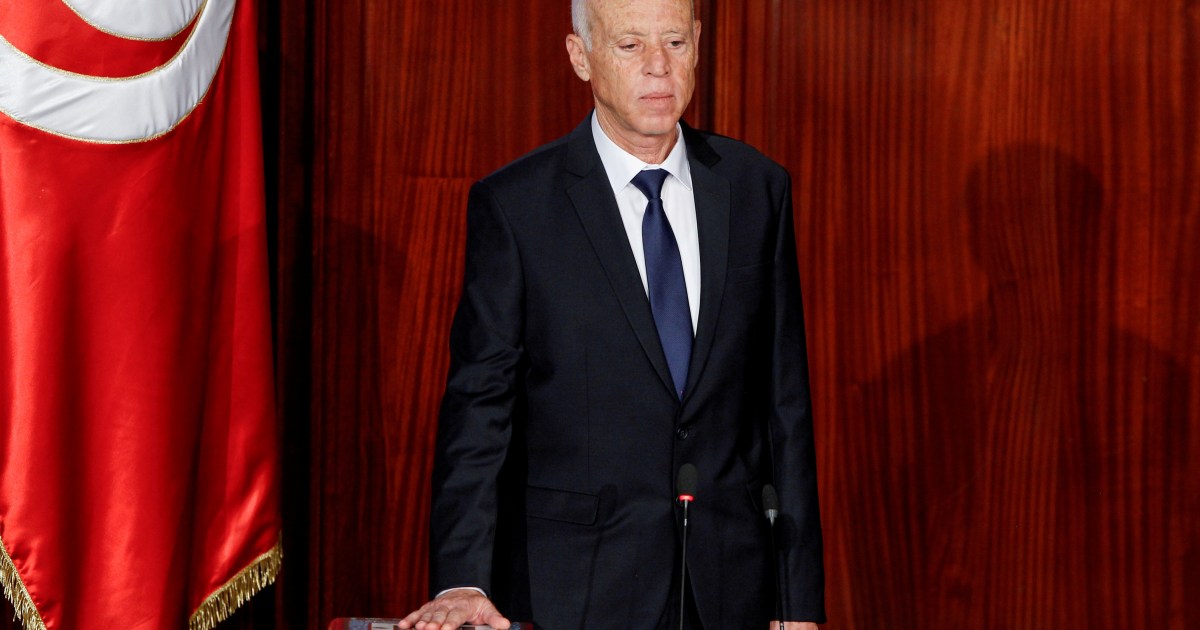The French newspaper "Le Monde" said that the political crisis in Tunisia, which is reeling under the weight of "Covid-19" and economic difficulties, has now reached a new turning point, after President Kais Saied's decisions yesterday, Sunday.
The newspaper pointed out,
in a report by its
correspondent in Tunisia, Lilia Blaise, that the decisions were accompanied by the taking of thousands of Tunisians to the streets despite the curfew in force.
President Said, who said, "The country is going through very sensitive moments in its history," has repeatedly threatened in recent weeks the need to move to solve the political crisis in the young Tunisian democracy, although he played a role in this crisis - as the correspondent says - because of his dispute with Prime Minister Hisham Al-Mashishi. .
remaining questions
The Le Monde report said that despite some scenes of jubilation in the Tunisian streets, and the popularity enjoyed by the president, who was elected with 72% of the votes in 2019, many questions remain at the end of this theatrical night, especially since experts differed in the interpretation of Article 80 of the constitution that invoked by the President for taking these strange actions.
The correspondent indicated that the former law professor (Kais Saied) often stands as a guarantor of the Tunisian constitution in the absence of a constitutional court that has not been established until today due to political obstacles, noting that the text does not detail exceptional measures aimed at “ensuring a return to the regular work of public authorities as soon as possible.” ".
She noted that the due consultation of the Head of Government, the President of the National Assembly and the President of the Constitutional Court in such a case was not taken.
army position
There is another unknown issue - according to Le Monde's correspondence - which is the powers that the presidency can actually grant to itself, especially with regard to the judiciary, as the head of state wants to assume the presidency of the Public Prosecution Office and prosecute deputies in pending cases, after he announced that he had lifted the parliamentary immunity from All deputies.
The correspondence concluded its report by asking: Will the president, who is the commander of the armed forces, impose martial law to implement his measures, or will he rely on the security forces? Note that it was the army in the early days of the 2011 revolution that ensured the country’s security in the face of the political problems facing the Ministry of the Interior, the police stronghold of the regime of former Tunisian President Zine El Abidine Ben Ali.

